Abacha, also known as African salad, is a cassava-based dish from northern and southern Nigeria. It is made using dried, shredded cassava. You can eat it as a complete meal, an appetiser or a snack.
When eaten as a snack, the dried abacha is soaked in water. You can also add coconuts or groundnuts for flavour. It has different variations of preparation and ingredients according to one’s preference, especially when prepared as a complete meal.
The African salad dish can also be referred to as Abacha Ncha and Abacha and Ugba by the Igbo people of Nigeria. It is a favourite choice for most Igbo traditional outings. To some cultures in the Igbo community, especially in most parts of Abia, Enugu and Anambra states, it is served on occasions like chieftaincy title taking, marriage ceremonies, burial etc. It always serves as the first point of contact between the guests and the hosts.
Nutritional value
The local dish is not only consumed for the sole purpose of satisfying the taste bud. It has various nutritional compositions. The cassava contains essential vitamins riboflavin, thiamine and niacin that aid body functionality. Other minerals and nutrients include but are not limited to:
- Calcium
- Potassium
- Vitamin C
- Vitamin A
- Sodium
- Iron
- Magnesium
- Phosphorus
- Zinc
It contains other nutritional values like protein and crude fibre due to the presence of other ingredients used in its preparation.
Health benefits
The nutrients derived from abacha's consumption mainly depend on the ingredients used in its preparation.
- Due to its richness in potassium, the traditional Nigerian dish helps maintain the heart and fight off body cell-related diseases amidst maintaining good eyesight.
- It contributes to strengthening bones and preventing bone damage because of calcium.
- It is rich in dietary fibre, helps reduce the risk of constipation, and controls bowel movement.
- Fish, kpomo, and other animal proteins are eaten alongside it and are essential for developing and repairing body tissues.
- The iron content helps in blood production and circulation.
- It is rich in Vitamin B complex.
- It helps strengthen the body’s immune system to fight off diseases.
- The vegetables used to prepare abacha, like Utazi leaves and garden egg leaves, are excellent antioxidants.
- It’s perfect for people with gluten intolerance.
Ingredients for abacha preparation
Sometimes the deliciousness is not necessarily in the ingredients but in the ability to fuse them correctly. It hits differently when prepared by someone with excellent culinary skills. These ingredients can be limited or boundless according to individual preferences.
- Abacha
- Palm oil
- Maggi
- Crayfish
- Onions
- Pepper
- Ehuru seed(African nutmeg)
- Potash(Food tenderizer)
- Fish(fried,smoked or dried)
- Kpomo
- Vegetables(Garden egg leaves, Utazi leaves
- Ugba/ukpaka(Fermented African oil bean)
- Ogiri
Method of preparation
- Soak the abacha in hot water for 10 minutes until it softens, and drain afterwards.
- Rinse the ugba with warm water.
- Pour the required quantity of palm oil into a pot and place on heat. (If using potash, this is the point you add it. Dissolve in water, sift out the water, then stir with the palm oil to form a yellowish paste)
- Add the ground ehu, pepper, crayfish and maggi cubes.
- Stir, add diced onions and ugba. Take off the heat.
- Add the ogiri and mix.
- Add the abacha and mix, and ensure the ingredients blend correctly.
- Add sliced utazi and salt to taste.
- Garnish with chopped garden egg leaves and sliced onions. Place your already prepared animal protein on top.
Abacha for pregnant women: safe or not?
You are pregnant and probably have concerns about whether this sumptuous delicacy is safe for you and your baby. You should keep glancing through.
Given its health benefits, the traditional Nigerian dish is ideal for consumption. However, take precautionary measures as regards its preparation. Endeavour to wash thoroughly each ingredient that requires washing and allow it to pass through the right amount of heat required in each process.
Most importantly, an ingredient like potash, akanwu or koun should be avoided entirely, especially during your first trimester. Conclusively, abacha contains about 380 worth of calories. Therefore it will be of great benefit to not leave out vegetables as this contributes to balancing the right amount of calories the body needs to function.
Also, if contaminated during the preparation process, it can result in food poisoning symptoms like diarrhoea and abdominal discomfort, which is harmful to your health.
As we would always advice, consult your nutritionist for proper dieting.
Why journey alone in your pregnancy? Join over 300,000 moms in PreggClass. For medically verified information, 24/7 check-up, live classes, practical sessions, and more! PreggClass goes for N10,000 per slot! Want to know more about PreggClass? Let's chat!


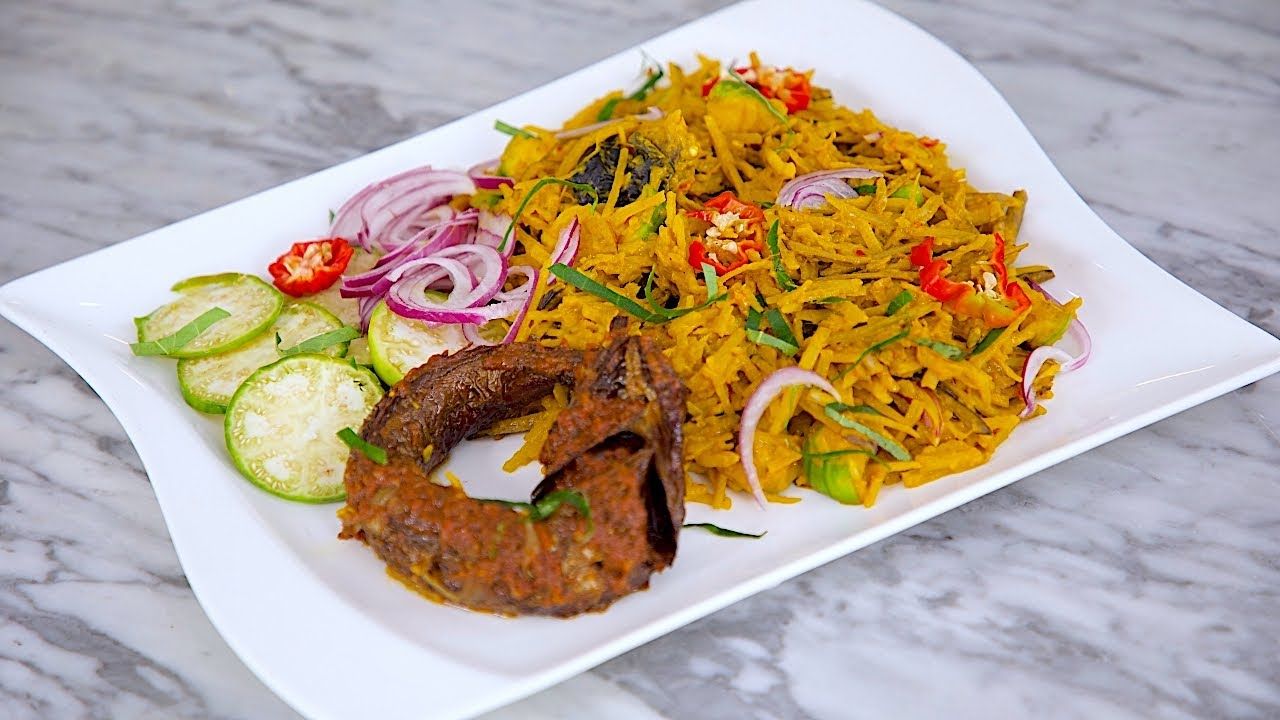
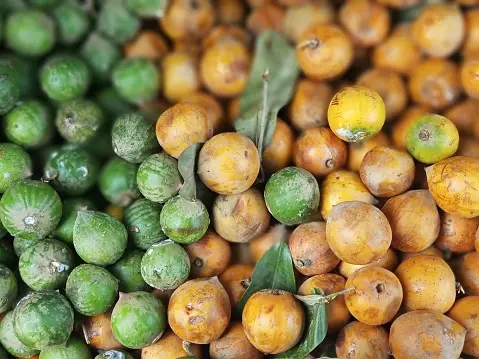
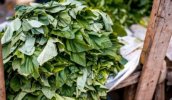
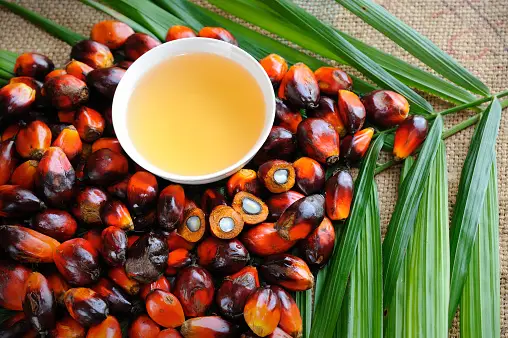

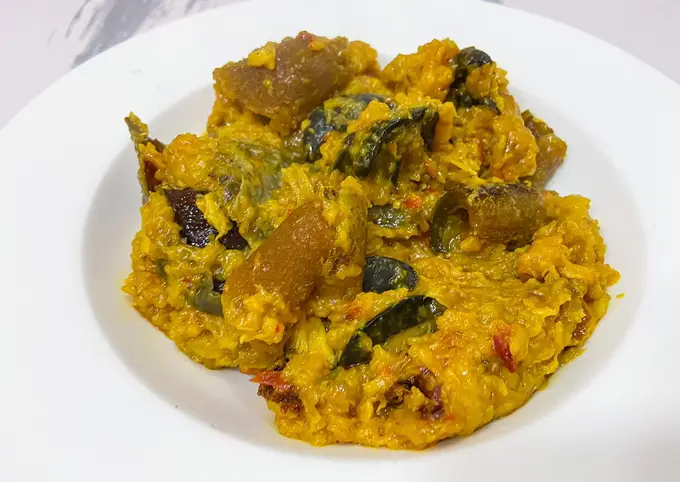


Comments